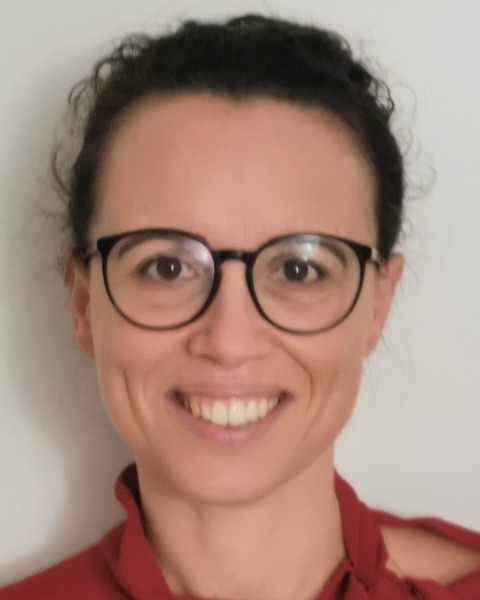Category: Fetus
Poster Session III
(815) Abnormal neurodevelopment in CDH survivors is not dependent on severity or fetal surgery
Children with congenital diaphragmatic hernia (CDH) are at increased risk for neurodevelopmental delay. Fetoscopic Endoluminal Tracheal Occlusion(FETO) increases survival in left-sided CDH fetuses with severe pulmonary hypoplasia. To our knowledge there is no data on the neurologic outcome comparing children with prenatally diagnosed CDH treated either ante- or postnatal.
Study Design:
This is a multicenter prospective cohort study performed in 4 experienced fetal treatment centers (Barcelona, Spain; São Paulo, Brazil; Leuven, Belgium; London, UK). Parents of children, diagnosed in utero with isolated left-sided CDH, and aged between 1 and 6 years at the moment of the study were invited to complete an age-adapted ages and stages questionnaire (ASQ). Prenatal variables (FETO, disease severity (observed/expected Lung-Head-Ratio; O/E LHR), gestational age at delivery, gender) were retrieved from the medical record, and demographics via the parents (education, profession).
Results:
Of the 87 parents invited, 40 agreed to participate (46%), of whom 20 had FETO. Average age of children was 3.4 ±1.4 years. Overall, 38% children were reported to score below the cut-off in at least one domain, most frequently involving gross motor development (30%). There was no correlation between disease severity (O/E LHR) and abnormal neurologic ASQ-scores. Children who had FETO were born earlier (36.5±2.4 vs 38.0±1.2w; p=0.04) and had more severe pulmonary hypoplasia (o/eLHR: 30.2±5.1 vs 45.8±22.2; p=0.001). There was no difference in total ASQ-scores between children treated with FETO and those managed expectantly during pregnancy (39 vs 40%; p=0.9), neither in its subcategories (communication, gross and fine motor-function, problem solving, social interaction).
Conclusion:
In this cohort, children with prenatally diagnosed CDH were at increased for neurologic developmental delay. We did not find a correlation with disease severity. Children who underwent FETO prenatally, hence who had more severe hypoplasia and were born earlier, had comparable outcomes to those who did not.

Lennart Van der Veeken, MD, PhD
Doctor
Catholic University Leuven
Toronto, Ontario, Canada- AM
Anna Moraes De Freire Vargas, MD
Heart hospital (HCor), São Paulo, Brazil; Gestar, Fetal Medicine and Fetal Surgery Center, São Paulo, Brazil; CETRUS, São Paulo Ultrasound Training Centre
Sao Paulo, Brazil, Brazil - JO
Juan Otaño, MD
BCNatal - Barcelona Center for Maternal-Fetal and Neonatal Medicine (Hospital Clínic and Hospital Sant Joan de Déu), Institut d’Investigacions Biomèdiques August Pi i Sunyer (IDIBAPS), Universitat de Barcelona
Barcelona, Catalonia, Spain, Spain - Rd
Rashmi d’Souza, MD
Research Department of Maternal Fetal Medicine, Institute of Women’s Health, University College London
London, England, United Kingdom 
Francesca Maria Russo, MD, PhD
Clinical fellow
University Hospitals Leuven
Leuven, Vlaams-Brabant, Belgium- PD
Paolo De Coppi, FRCOG, MD, PhD
NIHR BRC Great Ormond Street Hospital and Institute for Child Health
University College London
London, England, United Kingdom - EE
Elisenda Eixarch, MD, PhD
BCNatal
Barcelona, Catalonia, Spain, Spain - CP
Cleisson Fabio Peralta, MD, PhD
Heart hospital (HCor), São Paulo, Brazil; Gestar, Fetal Medicine and Fetal Surgery Center, São Paulo, Brazil; CETRUS, São Paulo Ultrasound Training Centre
Sao Paulo, Brazil, Brazil 
Jan Deprest, FRCOG
University Hospitals Leuven
Leuven, Vlaams-Brabant, Belgium

.png)
